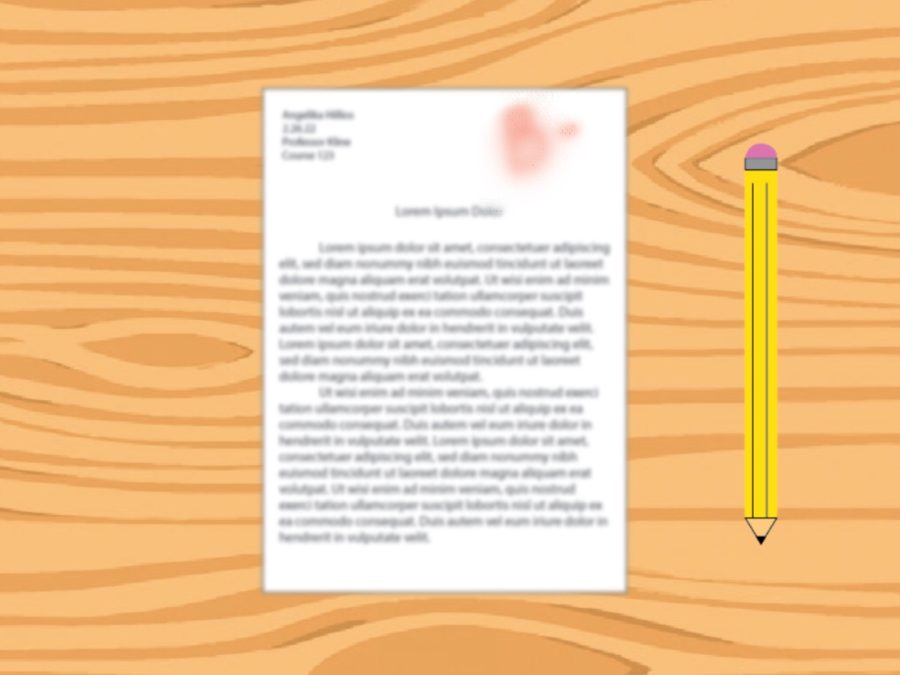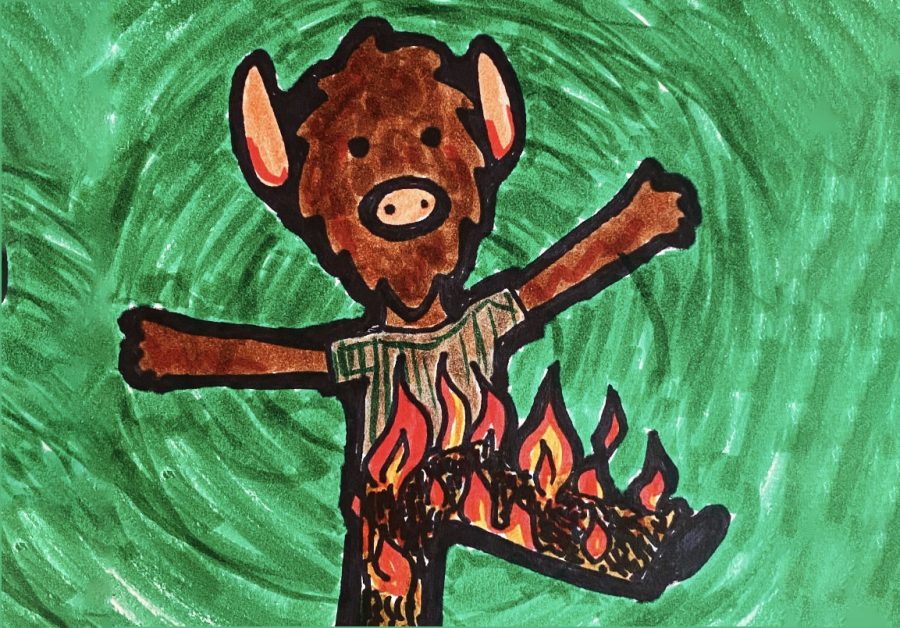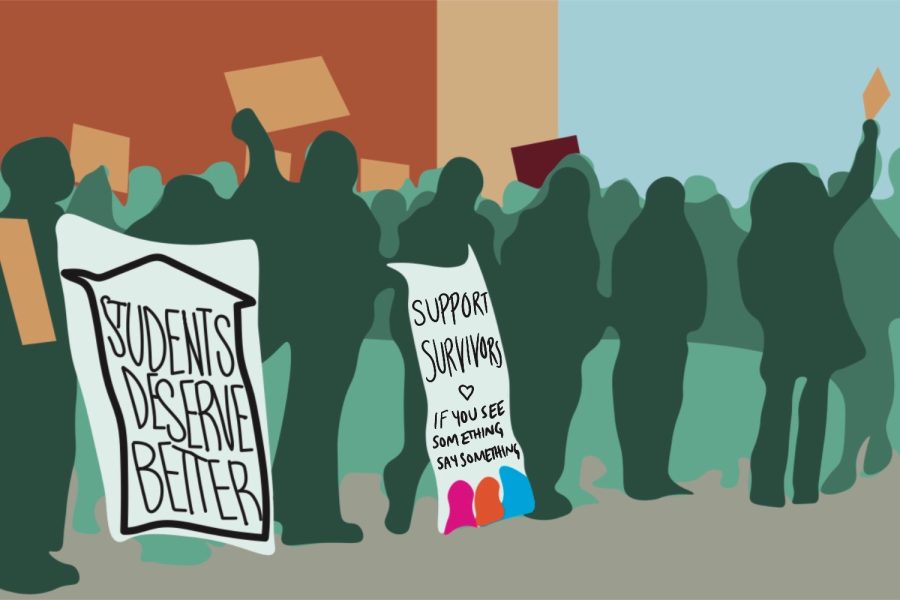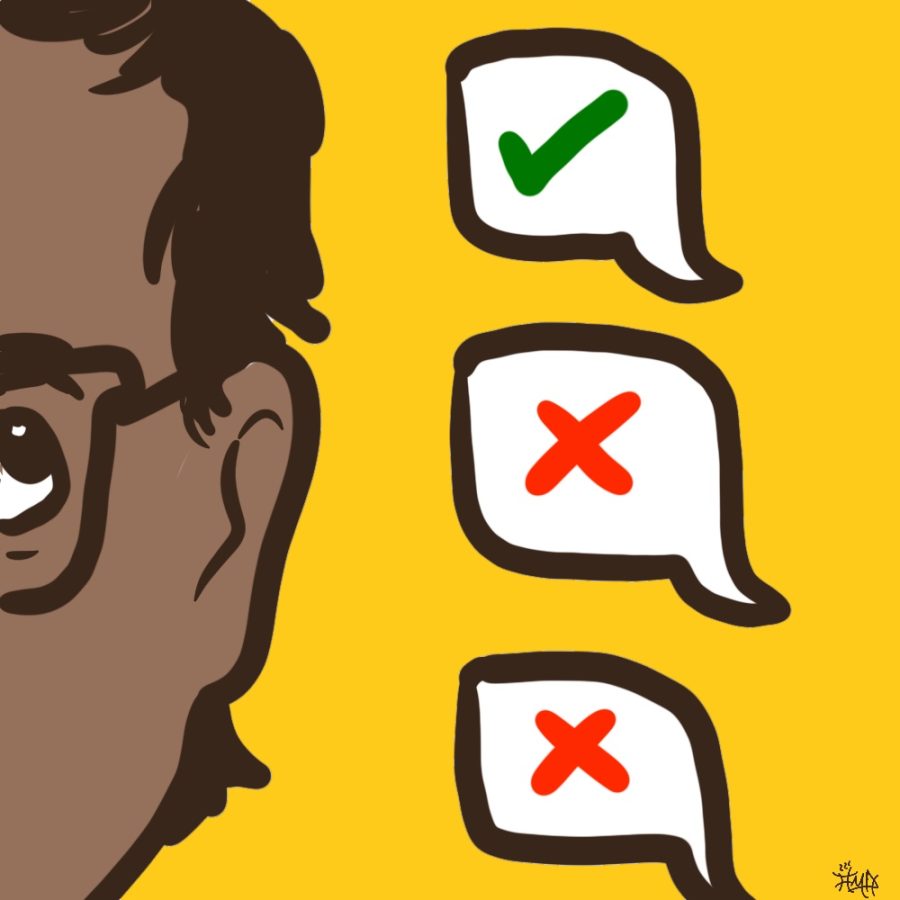Dear Editor,
Satire sheds the cold, bright light of humor onto societal ills by ridiculing those with power. In theory, it is constructive social criticism, yet satirists often lose sight of their original intent.
Comedians like Jon Stewart and Stephen Colbert and writers like Kerry Martin attempt to use sarcasm, foregoing political correctness in a way that seeks to be edgy and authentic. Yet the common method of “liberal satire” that they employ, attempting to parody neoconservatives’ blatant racism, misogyny and homophobia, often misses the mark.
Why is this not satire?
Too often, liberal satire like Martin’s “Faux Pas” piece uses the same language as racists, which reinforces rather than criticizes white supremacist ideology. It simply reaffirms this language as “okay,” perpetuating systems of oppression regardless of intent.
Real satire’s purpose is to make privileged groups uncomfortable. Martin’s piece did not make me, a white, privileged woman, feel uncomfortable over my race’s role in the persistence of racism, violence or imperialism.
It hurt me to see that individuals feel it’s okay to quip about immigrants, terrorists or blackface while students still don’t see these representations as problems and still wore the costumes described in his piece.
Mr. September, I suggest you see “Dear White People” if you wish to observe satire.
Not only is the film sardonically humorous; it also forces the predominantly white audience to reflect over their privilege.
While English classes may teach literary examples like Swift’s “A Modest Proposal,” if you’re searching for contemporary examples of satire, I suggest exploring Hari Kondabolu or Aamer Rahmen.
Or better yet, read more about systems of oppression. So Mr. September, no, we’re not too sensitive. Kerry’s piece may have set out to be satirical, yet it fails to achieve this. Violent injustices taken against different communities aren’t here to be your punch line.
Sincerely,
Jess Fuller
Class of 2015













